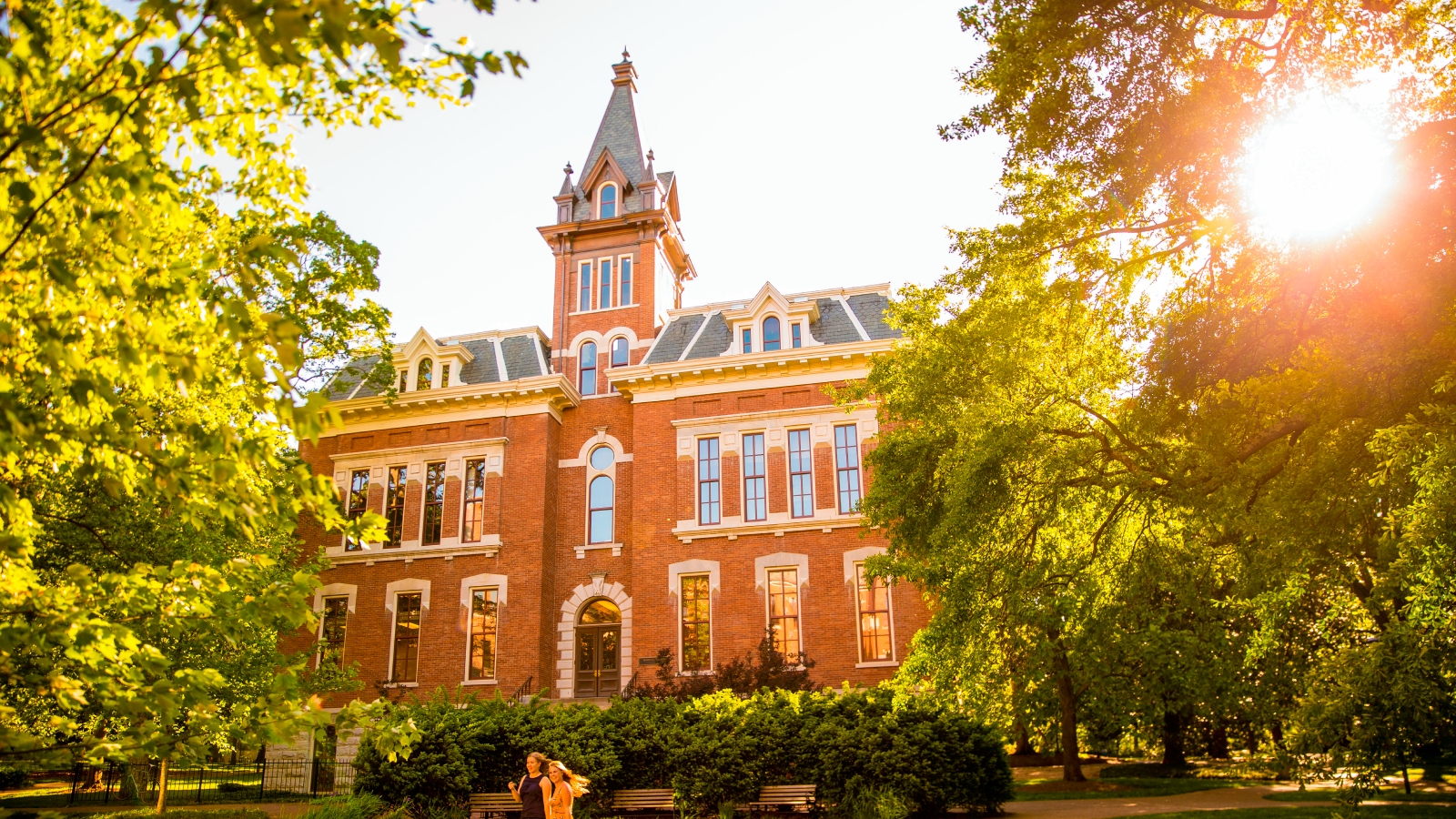By Emily Overway
Vanderbilt University School of Medicine Basic Sciences hosted its inaugural “Juneteenth: A Freedom Celebration” event on June 15. The programming sought to inform the community about the history and meaning of the important date, which commemorates the end of slavery in the U.S., and highlight the accomplishments of Black scientists both at Vanderbilt and across the country.
Felysha Jenkins, the diversity, equity and inclusion program manager for Basic Sciences, and Antentor Hinton Jr., assistant professor of molecular physiology and biophysics, organized the event. “I am excited to be celebrating Juneteenth with research talks from Black scientists in Basic Sciences,” said Jenkins, who was pleased with the excellent attendance both in person and online. “I think everyone was able to learn something, not only about the holiday and what it means to the country, but about science as well.”
Larry Marnett, dean of the School of Medicine Basic Sciences, opened the event by emphasizing the importance of the holiday and the great work that Black scientists are doing at Vanderbilt and beyond. Jenkins then provided a brief history of Juneteenth, describing the importance of the holiday and the history of the celebration. Her statement wove together the old and the new, acknowledging the traditions passed down across generations and celebrating the Black excellence of today. Jenkins closed her talk by reciting Maya Angelou’s poem “Still I Rise.”
Vanderbilt University School of Medicine Basic Sciences hosted its inaugural “Juneteenth: A Freedom Celebration” event on June 15. The programming sought to inform the community about the history and meaning of the important date and highlight the accomplishments of Black scientists both at Vanderbilt and across the country.
The session then moved into research talks presented by Aileen Fernandez, a postdoctoral fellow at Yale University; Brittany Taylor, an assistant professor of biomedical engineering at the University of Florida; and Nathan Smith, the associate dean for equity and inclusion in research and research education and an associate professor of neuroscience at the University of Rochester.
“I was delighted with the science portion of everyone’s talks,” Hinton said. “The science talks were comprehensive and unique, covering cancer disparities and diagnostics, the use of engineering methods to provide new materials and devices to fix issues with our musculoskeletal systems, and unsolved questions about astrocytes.”
Each of the presenters also touched on their personal connections to Juneteenth and the importance of celebrating Black excellence during their talks.
“Juneteenth to me means freedom and hope,” Smith said. “It means bringing the gifts that our ancestors gave—setting an example for the next generation to never give up and to always strive for excellence even in the face of adversity.”
Two committees formed in advance of the event—an “abstracts” committee and the Vanderbilt University Juneteenth Committee for Basic Sciences—organized to recognize Black scholarship, leadership, mentorship, service and allyship during and after the event. The abstracts committee reviewed submitted abstracts by graduate students and postdoctoral fellows and recognized Carlan Romney, a master’s student at Fisk University, with the Vanderbilt Juneteenth Award for Lightning Talk–Best Graduate Student Abstract and Jessica Thomas, a postdoctoral fellow in Roger Colbran’s lab in the Department of Molecular Physiology and Biophysics, with the Vanderbilt Juneteenth Award for Lightning Talk–Best Postdoctoral Fellow Abstract and Best Overall Abstract. Romney and Thomas presented lightning talks about their research at the event.
The Vanderbilt University Juneteenth Committee for Basic Sciences was chaired by Jenkins and comprised a variety of Black and ally professionals from across the country, including a lawyer, a physician, a physician assistant, a nurse, several Ph.D. scientists and more. The committee contacted “Black in X” organizations for individual or organization nominations and selected the winners, announced June 20.
The event was an all-around success, providing a space for voices that have not been traditionally heard in science.
“Being part of the first Juneteenth symposium gave me the voice my ancestors desired in a space where I felt heard and liberated,” Romney said.
Thomas echoed Romney’s thoughts. “Presenting my research at Vanderbilt’s inaugural Basic Sciences-sponsored Juneteenth event was the hope and manifestation of my ancestors’ wildest dreams. I am honored and humbled to be a part of Vanderbilt’s legacy in celebrating Juneteenth,” she said.
“As a Black Latina in science, I have always felt as an ‘other,’ but over the past few years I have found a beautiful community of like-minded individuals who also look like me,” Fernandez said. “For the first time, I feel like I have a place in science. Being a part of this celebration reemphasized that I am not alone.”






